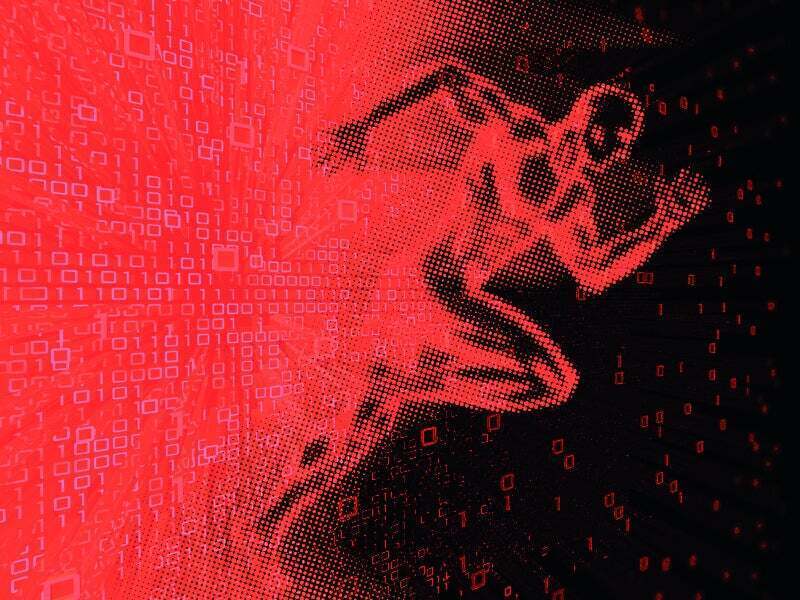Software development is currently undergoing a profound transformation, marked by a quiet yet remarkable surge in advanced automation. This impending shift promises to streamline the creation and deployment of high-quality applications on an unprecedented scale.
Rather than a single technology spearheading this evolution, it’s a convergence of innovations. From artificial intelligence (AI) and digital twin technologies, to platform engineering rooted in devops principles, to chaos engineering techniques that enhance resilience, to the expanded use of internal developer portals that boost productivity, innovations are combining to revolutionize every facet of software engineering.
The challenge and opportunity lie in harnessing these capabilities effectively to enable organizations to cultivate their devops culture. This transformation will simplify software delivery, spanning cloud-based systems to edge computing platforms.
AI and digital twins automate devops
Various forms of AI are steadily infiltrating application development tools and devops platforms. So far, however, AI has been integrated into development tools faster than it has into devops platforms, potentially leading to an imbalance. The growth of codebases is outstripping the ability of devops teams to keep pace.
However, next-generation devops platforms, infused with AI and operating in the cloud, are on the horizon. By early 2024, devops teams will be able to deploy applications using natural language interfaces to engage large language models (LLMs). These LLMs will be trained to automate a wide array of manual tasks, leveraging AI for IT operations (AIOps) to eradicate bottlenecks that currently plague application development.
Alongside these groundbreaking advances of AI, digital twin technologies are also being applied to application deployment. Devops teams will soon benefit from higher levels of abstraction through visual interfaces that simplify devops workflow management. At the heart of this push are models of IT environments created using digital twin technologies and seamlessly integrated with automation frameworks. Before long, these models will be embedded into continuous integration and continuous delivery (CI/CD) platforms.
When coupled with AI, these digital twin technologies will autonomously deduce relationships between models. They will generate code and dynamically configure applications and infrastructure as needed. Further, real-time feedback loops will provide insight into configuration viability, making deployment more transparent.
The ultimate objective is to provide a level of abstraction for devops environments that eliminates much of the complexity. This will enable a broader spectrum of organizations to adopt devops best practices. In essence, devops is on the cusp of a digital transformation, like the modernization we’ve witnessed in many other processes.
Platform engineering lifts developer productivity
Devops hinges as much on culture as it does on tools and platforms. Platform engineering has emerged as a methodology to centralize devops processes and workflow management. Advocates for platform engineering argue for the elimination of redundant devops platforms in favor of a unified CI/CD platform that serves as a corporate standard. This approach promises the ability to manage devops workflows at scale while also reducing overall IT costs.
Platform engineering also plays a pivotal role in enhancing developer productivity. A developer portal provided by a platform engineering team well-versed in devops best practices empowers developers to self-service their needs within clearly defined boundaries, elevating code quality and security. Platform engineers, as stewards of these portals, eliminate the friction often encountered by developers building and maintaining application development environments.
The primary motivation behind investing in platform engineering is to boost developer productivity, a crucial consideration in the current challenging economic climate where attracting and retaining developers has become increasingly difficult.
Chaos engineering integrates with CI/CD
None of these technological or cultural advances will bear substantial fruit unless the IT environment as a whole becomes more resilient. Chaos engineering has emerged as a devops discipline that rigorously tests the capability of distributed computing systems to withstand unforeseen disruptions. This is done by intentionally disrupting components. By systematically revealing weaknesses, Chaos engineering gives devops teams profound insights into their application environments, which can be harnessed to enhance everything from cybersecurity to cost efficiency.
The challenge lies in seamlessly integrating chaos engineering tools and platforms into existing devops workflows without causing downtime for organizations. The most natural conduit to achieve this goal is the CI/CD platform employed for building, deploying, and testing applications.
The future is here
As William Gibson observed, “The future is already here — it’s just not evenly distributed.” In the coming months, we can expect an astonishing array of software engineering advances as these capabilities become more accessible.
Collectively, AI, digital twins, platform engineering, internal developer portals, and chaos engineering promise to dramatically transform software engineering. It’s a transformation of devops that mirrors the digital transformation of countless other processes.
The challenge, as always, will be adapting to the accelerated pace of technological and process innovation within devops cultures.
Seetharam Param is VP and general manager of release orchestration at CloudBees.
—
New Tech Forum provides a venue for technology leaders—including vendors and other outside contributors—to explore and discuss emerging enterprise technology in unprecedented depth and breadth. The selection is subjective, based on our pick of the technologies we believe to be important and of greatest interest to InfoWorld readers. InfoWorld does not accept marketing collateral for publication and reserves the right to edit all contributed content. Send all inquiries to doug_dineley@foundryco.com.






